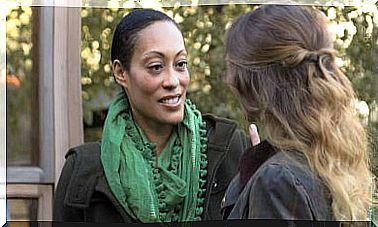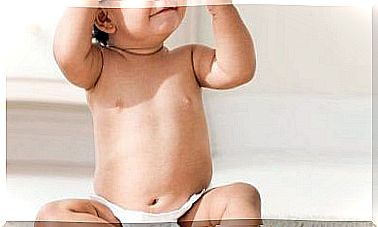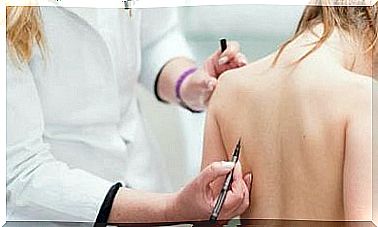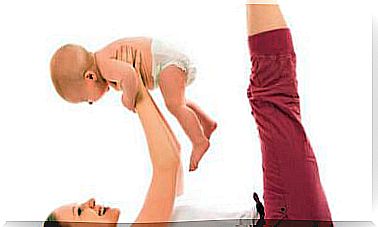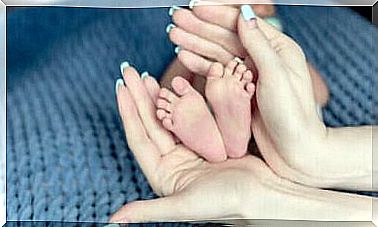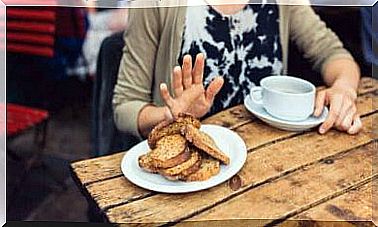A Beauty Guide During Pregnancy

The beauty world can be complicated. There are so many options, products and techniques that we often feel overwhelmed. If you also go during the waiting times, it often complicates things further. D HY we’ve compiled a handy beauty guide for you that can be used during pregnancy!
Why have we made this type of guide? Well, because not all beauty products are recommended during pregnancy, because during this period you may experience changes in skin and hair as a result of your hormones. And the second reason is simply that you deserve the best! Therefore, do not miss the tips we give you below.
A beauty guide during pregnancy
During pregnancy, the range of products that are suitable for you is somewhat limited, as some may be harmful to you or the baby. At the same time, the hormonal changes in your skin and hair can cause some products to do more harm than good.
One of the most common and frustrating changes that one can experience as a pregnant woman is acne. Increased metabolism and hormones can make the skin oilier. In this situation, it is best to put your trust in products for sensitive skin. The same goes for hyperpigmentation, stretch marks and a host of other symptoms. So what do you do?
Products to avoid during pregnancy
The best thing you can do is find an expert who can give you advice – for example, a dermatologist who can look at your specific needs and tell you which products can help you. However, there are some general recommendations that we also want to give you:
Beware of vitamin A.
Applying vitamin A to the skin is not recommended during pregnancy. This includes retinol and derivatives of this vitamin. Too much of this vitamin can increase the risk of congenital malformations in the fetus and neuropsychiatric changes in the mother (depression, anxiety, mood or behavioral changes).
Avoid certain essential oils
Although there are many benefits to using aromatherapy, it is advisable to be a little careful with some of these when you are pregnant. On the one hand, your sense of smell is much more sensitive and some smells can be unpleasant for you, even those you liked before.
On the other hand, certain essential oils have stimulating properties and can have a negative effect on the baby. For example, you should avoid rosemary and sage, as they stimulate oxytocin secretion and contractions. You should also be careful with cinnamon, cloves, oregano, peppermint and atlas cedar.
More beauty advice in our beauty guide during pregnancy
Stretch marks
This is undoubtedly something that affects many pregnant women: stretch marks. They occur when the skin ruptures due to severe stretching, and during pregnancy it is common for them to appear on the abdomen and breasts.
To avoid these, you need to make sure that your skin retains its elasticity and to do this it is important that you drink plenty of water. There are also specific creams for stretch marks, but you can actually use any moisturizing and oily cream. Another natural alternative is almond oil and coconut oil, which can be very effective.
Pay attention to stains
This is called pregnancy melasma or simply pigment spots, and it is a more intense pigmentation that can occur on the face, at the linea alba (along the abdomen), on the warts and on the external genitalia.
Again, it is hormones that make the skin more sensitive to the sun and cause this hyperpigmentation. For this reason, it is important to limit exposure to UV rays.
But during the first trimester, we recommend that you wear a wide-brimmed hat when you are out, and apply sunscreen with SPF 30 to 50 every two hours.
You can also use mineral filters, such as zinc oxide and titanium dioxide. These settle as a protective layer on the skin surface instead of being absorbed.

Hair
Pregnancy is a time when you can be really happy with your hair. It is very common for hair density and volume to increase, however, you may experience some hair loss during the postpartum period. This is normal, but if you use products to strengthen it, this can be very helpful.
However, remember to avoid certain chemical products that contain phthalates found in hair sprays, for example. The information is not very clear all the time, but there is research that shows that it can affect the growth of the fetus.
We hope you found this Beauty Pregnancy Guide helpful. Remember to take care of yourself, and consult a specialist if you are unsure. Avoid saunas, hot water and certain types of massages, but remember that there are many things you can do to pamper yourself during this special time!
